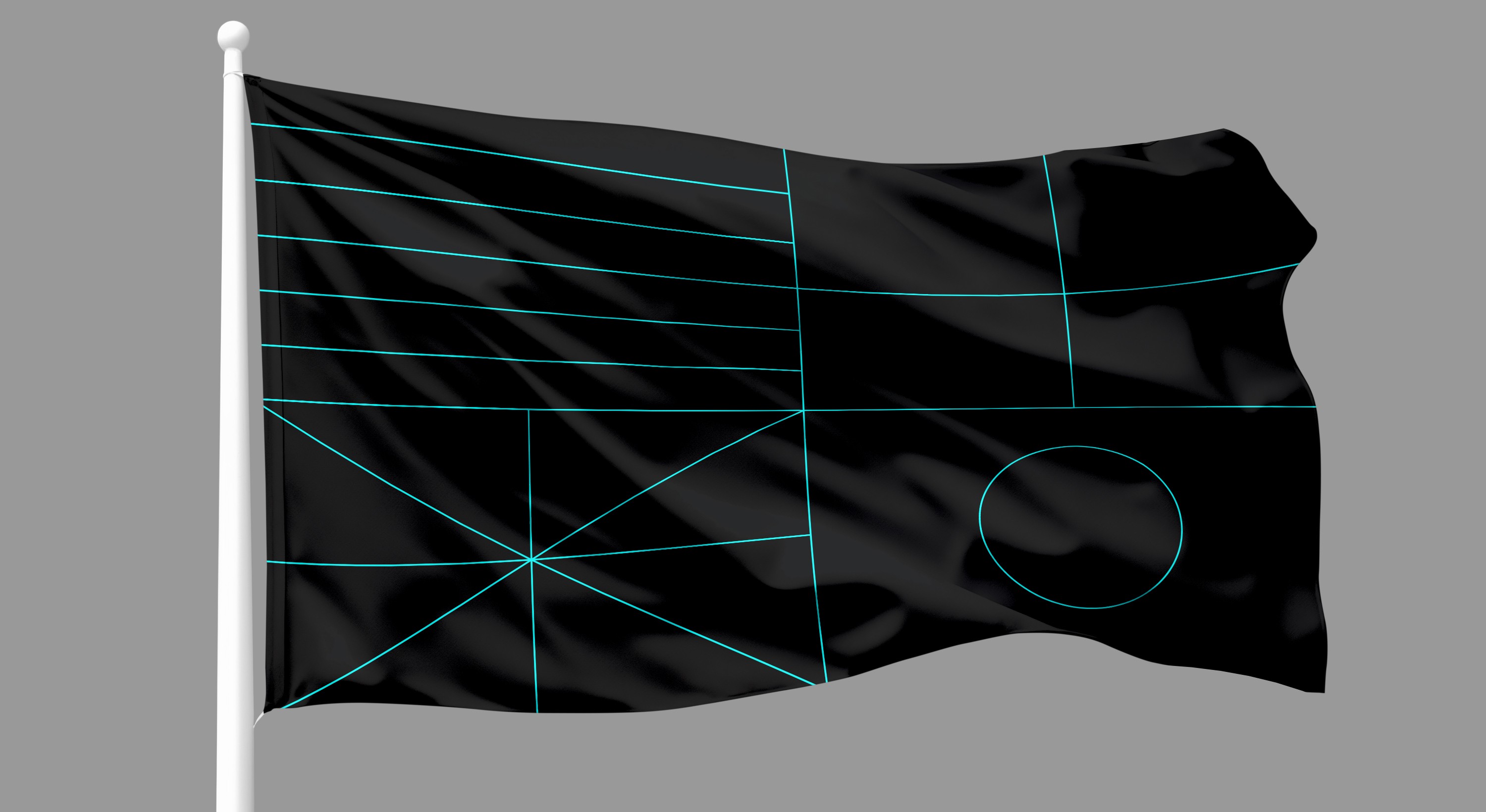On 26 July, the 2024 Paris Olympics opened along the river Seine in front of more than 300,000 people and with an estimated global television audience of 1 billion. The tableaus and performances were explicitly designed to project French values of liberté, egalité and fraternité. It was a once in a lifetime opportunity to co-opt history and the allure of French fashion brands, in the cause of soft power. Céline Dion and Lady Gaga were strutting their stuff in Dior, while a film showed Maison Chaumet creating the Olympic medals out of iron from the Tour Eiffel and transported in large-scale Louis Vuitton branded trunks.
Using soft power
Soft power has long been a tool of public diplomacy. As well as sporting events, countries establish cultural organizations (Goethe-Institut, The British Council), invest in iconic public projects (Tour Eiffel, Centre Pompidou) and take part in international events (such as Dubai Expo 2020). The value of soft power lies in its subtlety. It is not a coercive or contractual power. Rather it is a co-creative power that encourages connectivity and persuades people to identify with beliefs and values. Its effectiveness lies in the appeal and credibility of the claims that are made and the actions that follow.
Alongside public diplomacy, commercial brands also exert soft power. They often reflect the culture and identity of their origins and project those outwards. Take retailer IKEA. The brand is rooted in ideals of equality and social democracy – according to founder Ingvar Kamprad, its purpose is: ‘to create a better everyday life for the many people’. It embodies the very Swedish concept of Lagom (moderation and balance in everyday life) in the simplicity of its designs, its accessibility and the retail experience. And lest we forget its Swedishness, the products retain their original names while the buildings are wrapped in the yellow and blue of the nation’s flag. Together with Abba, H&M, Absolut Vodka and Volvo, IKEA significantly influences perceptions of Sweden in the world.
Probably the Swedish Ministry for Foreign Affairs is delighted by the impact of IKEA’s brand equity. However, soft power can also be used by brands in the service of a cause rather than a place. Patagonia (which is based in California, not South America) uses its soft power to persuade consumers and other businesses to embrace environmentalism. Back in 1996, it defined its purpose as ‘to use business to inspire and implement solutions to the environmental crisis.’ Even if it has recently evolved the statement, its environmental beliefs have long guided the design of its clothes, the materials used, the management of its supply chain and its business model. This is the brand that once famously ran a Black Friday ad with the headline ‘Don’t buy this jacket’. Patagonia knows its purpose relies on others, so it aims to be a role model and to use its soft power to persuade them to think different. Former Marketing Director, Chris Van Dyke noted, ‘As a small company we have the leverage to move a large company, because we don’t compromise. That creates an incredible power, grossly disproportionate to the revenues we create.’
What is it about IKEA and Patagonia that inspires and influences? We have found in our research that soft power brands have a strong reputation for being a leading player in a certain field and are renowned for having cutting-edge expertise and capabilities that align with their beliefs. As well as being profitable businesses, they also typically have a transformative purpose that seeks to have a positive social and/or environmental impact. Finally, soft power brands are open and willing to engage with others. As consumers and citizens, we build relationships with these brands, because they help us to construct our identities. They enable us to become who we are and who we would like to be.
The limitations of soft power
Soft power creates an opportunity for brands to shape the world and to connect with their key stakeholders. Yet from a public diplomacy perspective, soft power has its limitations. Most brands are under no compunction to support nation branding (although with Chinese brands, such as TikTok and Huawei, the boundaries are blurred) and can act in ways that run counter to such aspirations.
Also, brands do not always wear their nationhood on their sleeves. Britain’s heritage can be a powerful element in branding from the very establishment, BBC to the anti-establishment, Vivienne Westwood, but its colonial past can also raise question marks about the use of Britishness. Once brands start to retreat from using their nationality, consumers no longer see the explicit connection to national values.
From the corporate perspective, it’s also important to remember that brand meaning is not simply down to the choices made by managers. What is intended and what is experienced by stakeholders can be quite different. Those behind the design of the Paris Olympics opening ceremony wanted to express inclusiveness and the French commitment to laïcité (secularity). However, many others attributed different meanings and amplified their misgivings through social media. They saw too much wokeness and irreverence and worse of all, the mocking of the Last Supper.
Back to the future
Now we can look forward to Los Angeles, 2028. The next Olympics will no doubt emphasise the virtues of democracy and a pioneering spirit as represented by iconic consumer brands such as Coca-Cola and Silicon Valley brands showcasing the success of US technology. As long as the event doesn’t stray too much from the reality of people’s everyday experience, it will be a boon for American soft power.
About the author
Nicholas Ind is Professor of Brand Management at Kristiania University College, Oslo. He is the author of 16 books, the most recent of which is In Good Conscience: Do the Right Thing While Building a Profitable Business.
